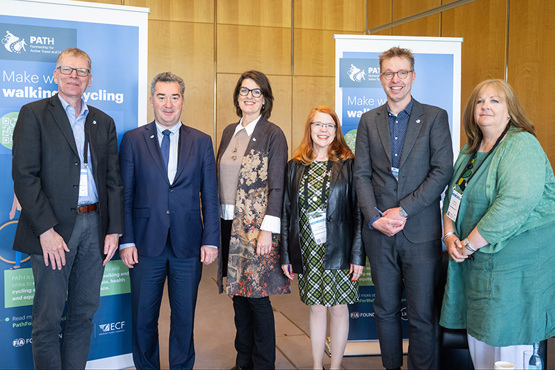Global Fuel Economy Initiative urges radical policy framework
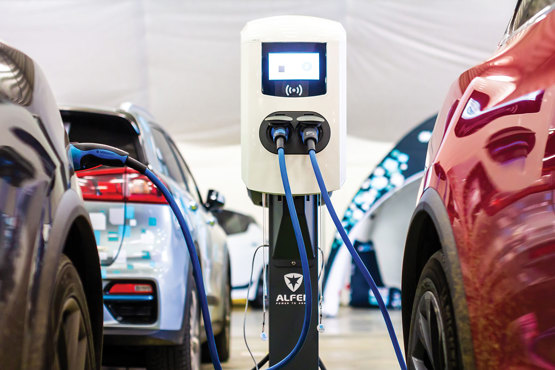
Urgent improvements in vehicle policies globally are needed to meet 2050 zero emission targets, warns new report ‘Securing global fleet transformation: GFEI's ZERO Pathway’, launched at COP26 in Glasgow by the Global Fuel Economy Initiative, supported by the FIA Foundation.
In a stark warning, GFEI sets out why a radical global policy shift towards far greater support for fleet electrification and fuel efficiency improvement across all markets is essential if global targets for zero emission transport by 2050 are to be met.
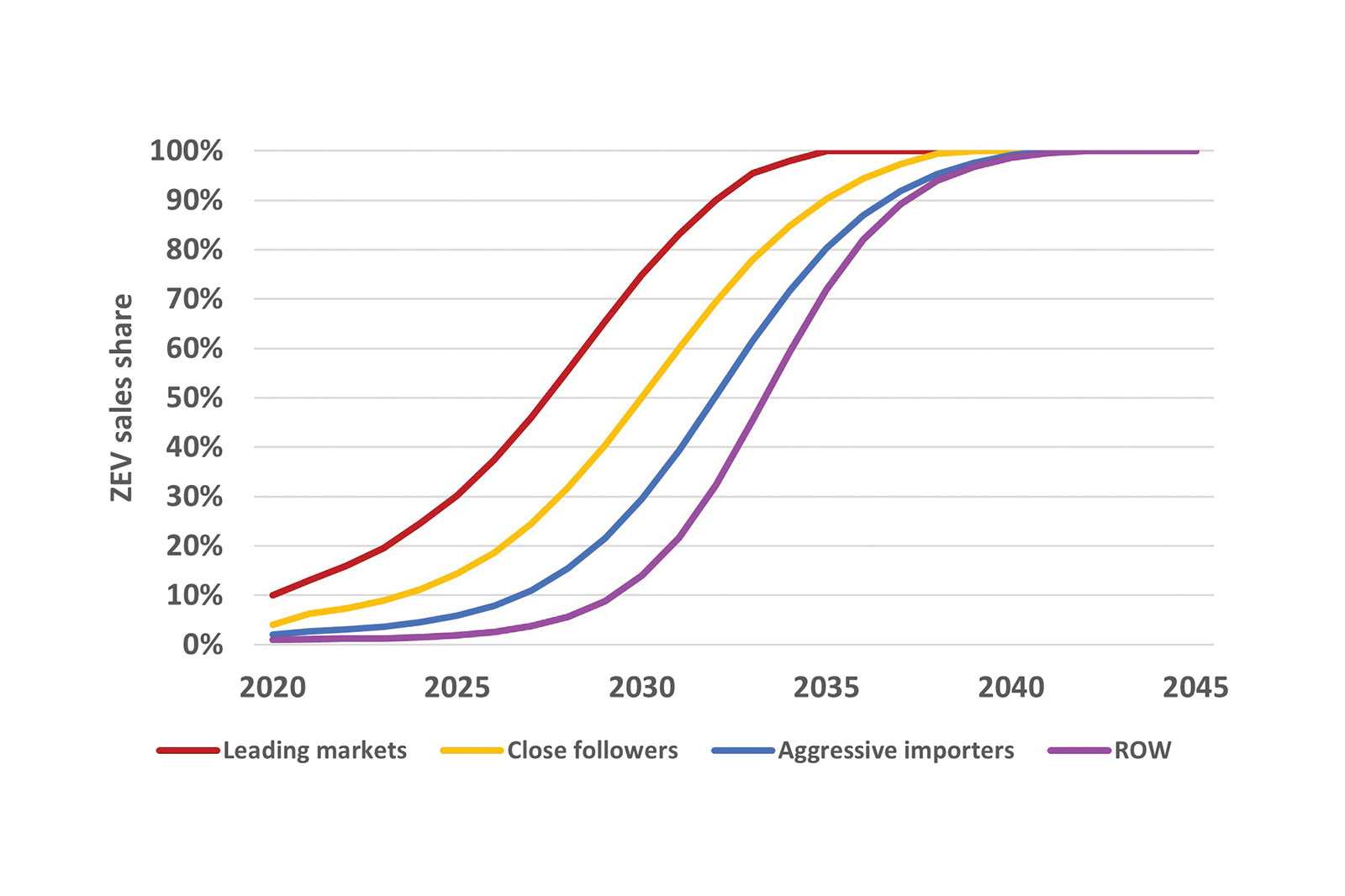
Central to this is a full understanding that not all countries are in the same place in terms of this transition.
The ZERO Pathway analysis embodies a novel disaggregation of countries into four groups, from early EV adopters to importer markets, building on GFEI’s experience of supporting over 100 countries to develop low-carbon and fuel-efficient vehicle policies. It maps how these countries can still achieve 100% sales share of EVs by 2040 - which could lead to a 77% CO2 reduction in 2050 relative to a business-as-usual case (and 81% compared to today) – with the right policy frameworks in place.
The report builds on GFEI’s latest working paper, launched during the first week of COP26, which showed that average annual light duty vehicle fuel consumption fell by just 0.9% between 2017 and 2019 - far less than the 1.8% annual average reduction between 2010 and 2015. These stalling vehicle improvements are also far below the levels of progress needed to meet the Paris emission targets. Increasing vehicle weight and power were a major impediment to further improvement - SUVs made up 44% of all light duty sales in 2019, which has eroded up to 40% of improvements in fuel economy. A core finding of the report is the significance of the right policy in securing improvements.
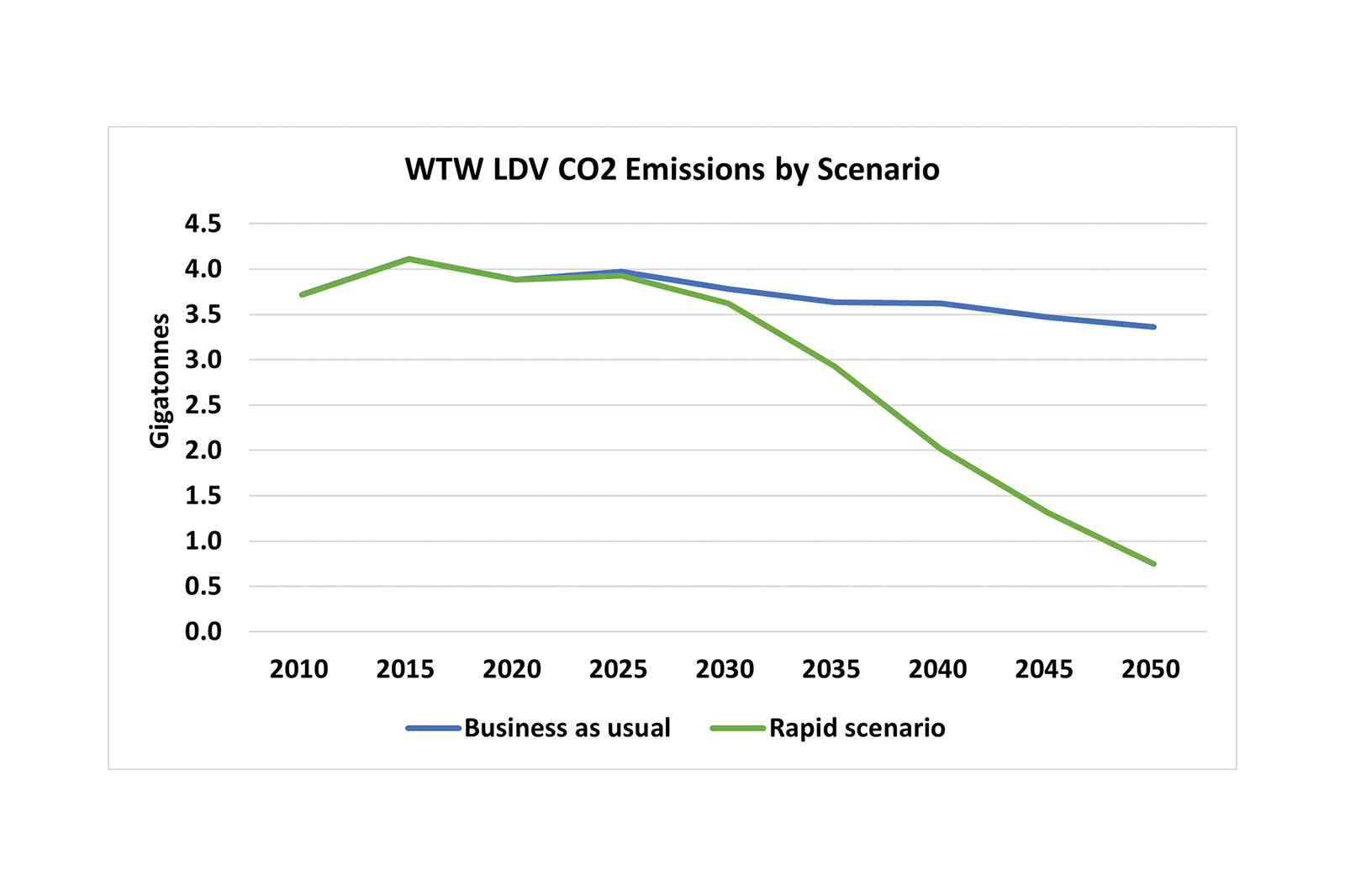
Core recommendations of the ZERO Pathway echo this work, with further specific policy recommendations, which include:
- Promotion of electrification alongside improving the efficiency of ICE vehicles as complementary, rather then competing measures;
- Policies to urgently end fossil fuel subsidies, the use of fossil fuel taxes and carbon pricing mechanisms, tightened regulations for tailpipe CO2 emissions, and the carbon content of fuels, and economic incentives for energy-efficient vehicles;
- Tools like technical standards development, public procurement programmes, power sector reforms, economic and regulatory promotion of electric vehicles (EVs) and charging infrastructure development;
- Sustainable batteries and renewable electricity policies with fossil energy shift management to deliver net employment benefits; and
- Mobilise investments towards clean vehicles and clean energy for developed and emerging economies.
Achieving a truly global transition will require that governments – especially in emerging economies – are effectively supported by significant capacity-building activities, enabling them to leapfrog to ZEVs and avoid becoming the dumping ground for used ICE vehicles.
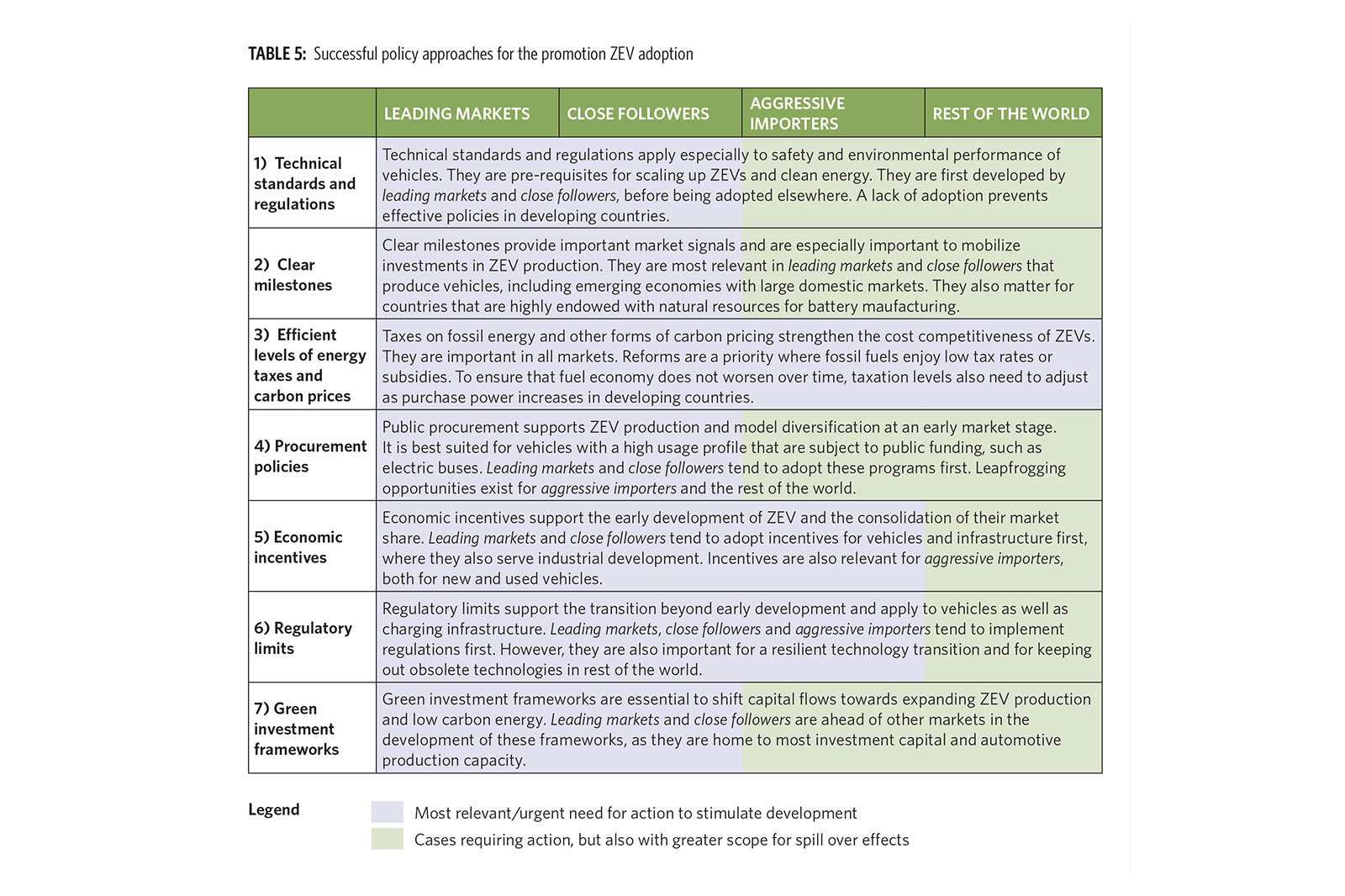
Finally, and regardless of progress with electrification, the only true path towards achieving the Paris targets must also include changes in the types of vehicles used, including more non-motorised mobility – such as walking and cycling, and shared mobility that is effectively integrated with high-capacity public transport services.
Lew Fulton, Director of the Sustainable Transportation Energy Pathways, Institute of Transportation Studies at UC Davis (ITS-Davis), said: “Achieving a full transition to zero-emission vehicles around the world by or before 2040 is achievable but will require strong, targeted policies. This paper provides the roadmap to reach the targets and scopes out the needed policies for different types of countries.”
Sheila Watson, Deputy Director of the FIA Foundation, added: “Decarbonising the global fleet is essential to have any hope of limiting the climate crisis. This is a global challenge, and we will only succeed if every country has the right tools and support. The ZERO Pathway identifies these tools and shows that change is not just essential, but entirely possible."
Click here to read the ‘Securing global fleet transformation: GFEI's ZERO Pathway’ report



